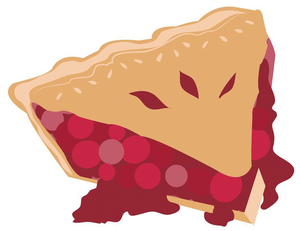Slices of Pi
Distributed compiling with distcc offloads the CPU-intensive compilation tasks from the Raspberry Pi to other computers, saving you days of time and frustration.

Lead Image © Brett Giza, 123RF.com
Distributed compiling with distcc offloads the CPU-intensive compilation tasks from the Raspberry Pi to other computers, saving you days of time and frustration.
The Pi is wonderful and all, but it is not really ideal for compiling. Try to build anything more complex than a "Hello World" program, and you will lock it up for hours. However, Raspbian runs compiled programs, so how did they get there? Of the several ways to compile programs for the Raspberry Pi, they all, interestingly, involve removing the Rasp Pi's hardware from the equation.
One option is to compile using a tool chain, which is exactly what it says on the box: a series of tools you chain together on a regular non-Rasp Pi computer and through which you pipe the source code of a program. Out the other end pops the compiled version of the program ready for your Pi. The Raspberry Pi Foundation distributes an official tool chain [1].
I can think of two problems with tool chains. First, you need to replicate the Rasp Pi environment by copying over directories to the machine that is going to do the compiling. This, in itself, is not too difficult, but if you come across an unexpected, unmet dependency while compiling, you then have to go back to your Pi, install the packages you need, copy over the directories again, and restart the compile … and you have to do this every time the compile borks.
[...]
Pages: 8
Price $15.99
(incl. VAT)